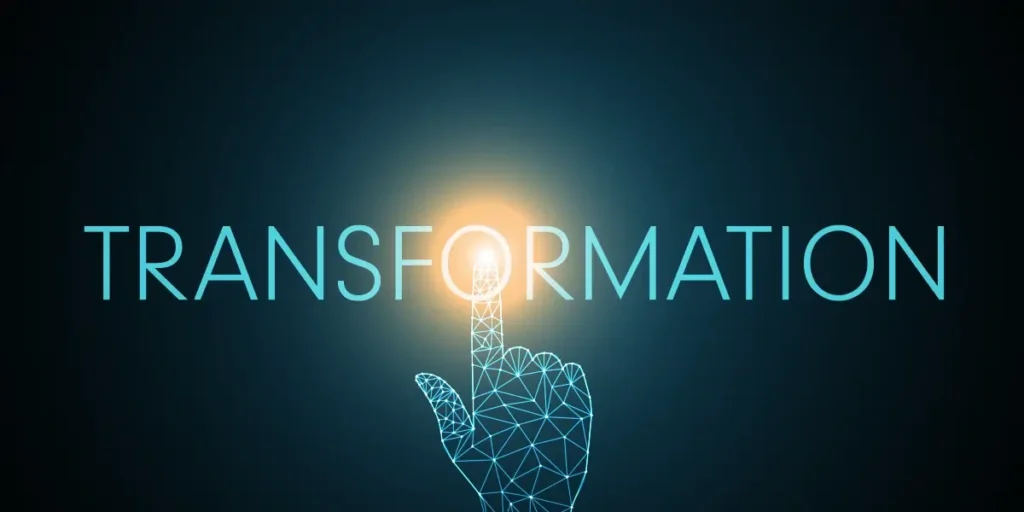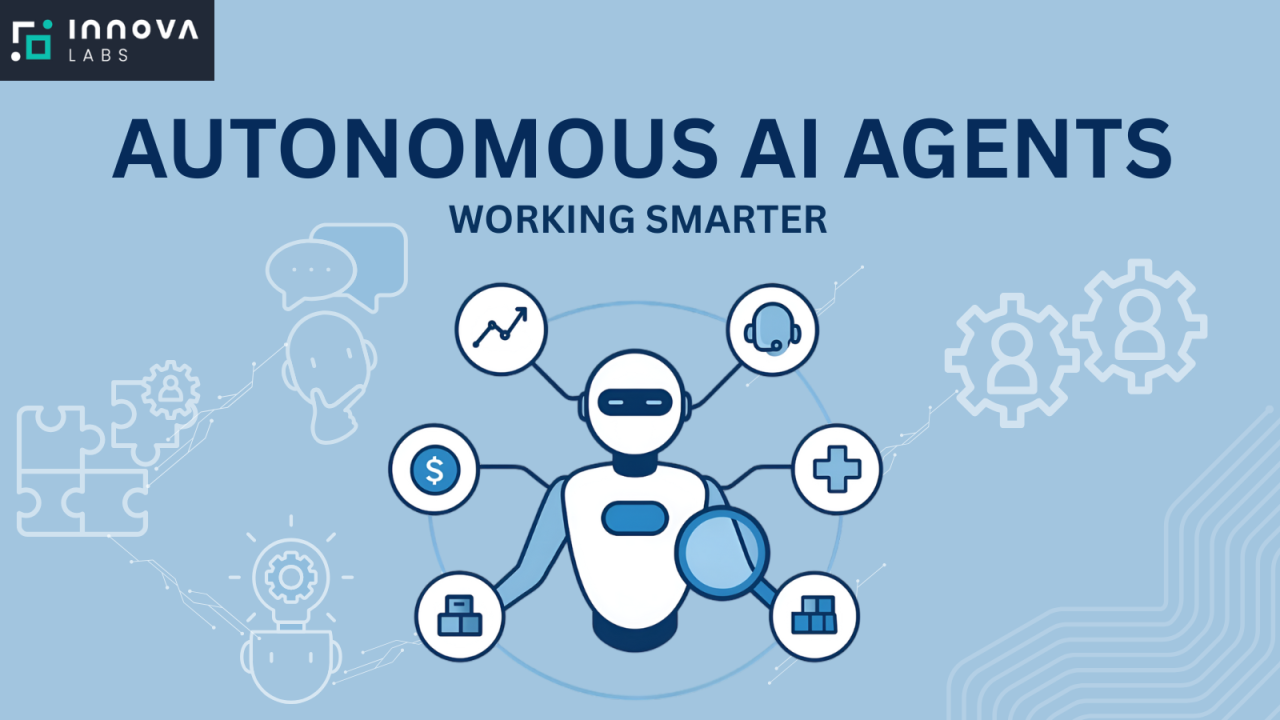The Future of Smartphones: AI-Powered Everything
Smartphones have come a long way since their early days of simple touchscreens and basic cameras. In 2026 and beyond, the evolution of smartphones is set to take a quantum leap—driven by artificial intelligence. We’re entering an era where your phone is no longer just a device—it’s becoming an intelligent assistant, content creator, translator, health advisor, and more.
In this article, we explore how AI is reshaping smartphones to deliver smarter, faster, and more intuitive experiences, and why “AI-powered everything” is more than just a buzzword.
A Glimpse into AI-Powered Smartphones
AI in smartphones isn’t new. Features like face recognition, voice assistants, and camera enhancements have existed for a while. But what’s happening now is different—the integration of AI is becoming central to every function, not just an add-on.
What Does “AI-Powered Everything” Mean?
-
AI handles real-time translation while you’re on a call.
-
Your camera adjusts its settings based on your environment, lighting, and the object.
-
Your device suggests replies, edits photos, and even predicts what you’ll search next.
-
AI learns your behavior to save battery, manage apps, and enhance security.
This level of seamless integration will soon define AI-first smartphones.
How AI Is Transforming Smartphone Capabilities
1. Smarter Cameras That Think Like Humans
Modern smartphone cameras are not just tools—they’re artists. AI helps:
-
Automatically detect scenes and adjust color tones.
-
Remove unwanted objects from photos.
-
Enable features like “Best Take” (Google Pixel) or “Erase Mode” (Samsung).
-
Generate cinematic video effects, depth-of-field adjustments, and even AI avatars.
In 2026, AI will allow multi-angle scene generation, auto-scripting for videos, and live emotion detection for portraits.
2. Personal AI Assistants 2.0
Voice assistants like Siri, Google Assistant, and Alexa are evolving into multi-modal agents:
-
They process speech, text, visual cues, and even gestures.
-
They can write emails, make bookings, summarize documents, or generate creative content.
-
Future AI assistants will remember past interactions, understand context deeply, and offer tailored help.
Imagine asking your phone, “Book me a trip like the one I loved last summer,” and it figures out the rest.
3. AI in Chipsets: Brains Behind the Brilliance
Modern smartphones like the Apple A18 Pro, Qualcomm Snapdragon 8 Gen 4, and Google Tensor G5 integrate AI-accelerator chips (NPUs).
These:
-
Allow real-time AI processing without internet.
-
Support on-device translation, transcription, and privacy-preserving tasks.
-
Enable faster app launches, better battery life, and low-latency features.
On-device AI is critical for speed, data privacy, and offline usability.
AI-Powered User Experience: Predictive and Adaptive
AI allows your phone to learn from you:
-
Predictive UX: Apps and settings change based on time, location, or routine.
-
Adaptive Brightness and UI: Not just brightness, but layout and theme adjust based on your habits or even mood.
-
App Suggestions: Your phone might suggest a mindfulness app after a stressful call or open Google Maps when you head out for lunch.
Soon, your smartphone will feel like a companion that evolves with you, not just a tool.
Security and Privacy Get an AI Upgrade
Smartphones are hubs for sensitive data—photos, financials, messages. AI brings real-time, intelligent security:
-
Behavioral Biometrics: Unlock based on how you type or swipe.
-
Fraud Detection: Spotting fake links or phishing attempts in messages.
-
Contextual Access: Automatically lock apps if your location seems suspicious.
Privacy-conscious AI also ensures your data is processed on-device without sharing it with the cloud.
AI and Battery Life Optimization
Battery life is one of the biggest smartphone pain points. AI helps in:
-
App Management: Detects and limits background apps draining battery.
-
Charging Optimization: Slows charging overnight to extend battery health.
-
Adaptive Power Modes: Based on your routine, it switches to low-power when needed.
By 2026, AI could help achieve 3-day battery life without making phones bulky.
AI for Accessibility and Inclusion
AI ensures that everyone, regardless of ability, can use smartphones effectively:
-
Live Captioning for audio and video content.
-
Voice-to-text input with real-time accuracy.
-
Image Descriptions for visually impaired users.
-
Gesture-based control systems for those with mobility challenges.
As AI gets better at understanding intent and emotion, smartphones will become more inclusive than ever.
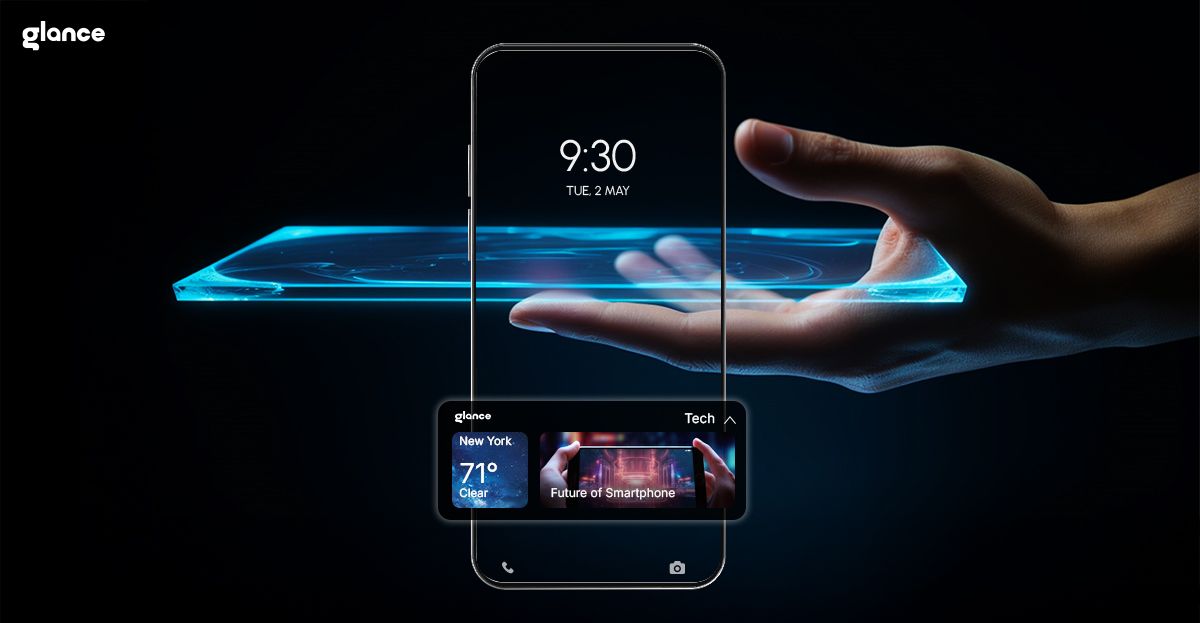
AI and the Rise of Generative Features
Generative AI, like ChatGPT, Gemini, and Claude, are now entering smartphones:
-
Text generation: Emails, social posts, summaries.
-
Image editing: AI remove objects, change backgrounds, enhance details.
-
Video tools: Create AI-generated short videos from prompts or images.
-
Voice cloning: Replicate your voice for personalized responses.
Some phones in 2026 may even allow you to design apps, themes, or widgets via voice prompts.
Real-Time Translation & Multilingual Communication
Breaking language barriers is one of AI’s biggest wins:
-
Live translation during video calls or voice notes.
-
AI-generated subtitles for international content.
-
Chat in one language and get replies in another—seamlessly.
These features help in global business, travel, education, and even dating!
Ethical and Privacy Concerns in AI Smartphones
Despite the excitement, concerns remain:
-
Data collection & surveillance by manufacturers.
-
Deepfake risks with AI-generated voices and visuals.
-
Bias in AI models—especially in facial recognition or assistants.
Future smartphones must come with:
-
Clear opt-in for AI usage.
-
Open AI transparency reports.
-
Stronger digital rights for users.
What the Future Holds (2026 & Beyond)
Here’s what we expect in the next wave of AI-powered smartphones:
-
Built-in AI agents that perform tasks autonomously.
-
Voice-first interfaces replacing traditional app navigation.
-
Emotion-aware interactions—your phone knows how you feel.
-
AI-powered wellness features like mood detection or sleep guidance.
-
Hyper-personalization: Everything from wallpapers to search results tailored to your personality.
We’re moving towards a world where phones anticipate needs, rather than waiting for commands.
AI-Powered Personal Assistants: Always-On Intelligence
The integration of AI assistants like Google Assistant, Siri, and Alexa has evolved from basic voice commands to full-scale personal productivity managers. With AI advances, smartphones can now anticipate user needs, schedule appointments, make contextual suggestions, and even complete tasks on behalf of the user. For example, an AI assistant can now:
-
Draft and send emails using past writing style.
-
Auto-summarize long texts or meetings.
-
Suggest actions based on location, time of day, and usage habits.
The future will see AI assistants become even more proactive—learning from patterns and interacting naturally with users using emotional tone analysis and generative reasoning.
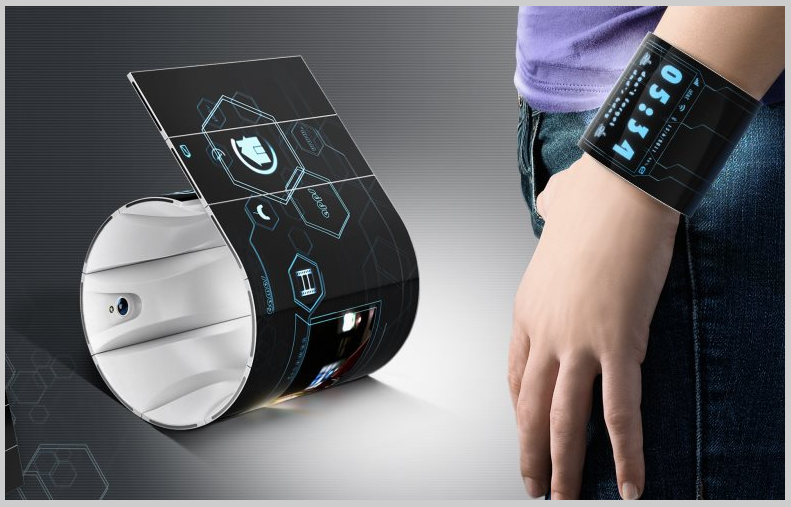
Smarter Cameras with AI Vision
Photography is one of the key areas being revolutionized by AI. Modern smartphone cameras now use AI to:
-
Detect scenes and auto-adjust lighting.
-
Enhance images in real-time.
-
Remove unwanted elements or blur from images.
-
Enable ultra-fast autofocus by detecting objects and faces.
In the future, AI-powered cameras will offer features like real-time 3D scanning, instant video relighting, background removal for video calls, and automatic cinematic effects using generative AI. Brands like Apple, Google, and Samsung are already working on these innovations for their upcoming models.
AI-Enhanced Mobile Gaming
AI is also transforming the mobile gaming space. It enables adaptive difficulty levels, personalized gaming narratives, and intelligent NPCs (non-playable characters). Future smartphones will have onboard neural engines that let games react in real-time to user emotions, facial expressions, and gameplay history. AI will:
-
Create dynamic storylines.
-
Adjust graphics quality in real-time for battery efficiency.
-
Enable voice-based control and immersive AR/VR gaming.
Multimodal AI: Seamless Interaction Across Inputs
With multimodal AI, smartphones of the future will understand not just what you say but how you say it—and even what you mean when you tap, swipe, or glance. Combining vision, language, and audio processing, these devices will:
-
Read facial expressions to sense frustration or confusion.
-
Understand questions by analyzing visual context (e.g., pointing at an object).
-
Translate gestures and body language into commands.
This will redefine user experience entirely—from accessibility for disabled users to creating emotionally intelligent smartphones.
Enhanced Cybersecurity Through AI
Security is another crucial domain where AI is becoming indispensable. AI algorithms are now used for:
-
Face recognition and iris scanning.
-
Behavioral biometrics (e.g., how a person types, swipes, or walks).
-
Fraud detection in apps and transactions.
-
Detecting malware and phishing attempts in real-time.
The future of smartphone cybersecurity will lean heavily on AI-powered zero-trust systems—automated, continuously verifying identities and threat models without human involvement.
AI-Powered Health Monitoring
Smartphones are becoming essential tools in digital health. With advanced sensors and AI algorithms, they can monitor:
-
Heart rate, blood oxygen, and stress levels.
-
Sleep quality using AI pattern detection.
-
Early signs of illness (e.g., respiratory patterns, cough analysis).
Apple, Samsung, and other OEMs are integrating medical-grade features into smartphones. The future may even include AI health coaches that suggest lifestyle changes, medication reminders, or even book telehealth appointments automatically.
AI and Battery Efficiency
One of the less-visible but highly impactful applications of AI in smartphones is power management. AI is used to:
-
Learn usage patterns and optimize battery usage.
-
Manage background app activity more efficiently.
-
Predict and adjust performance based on current tasks.
In the future, AI could enable week-long battery life by dynamically reducing power to non-essential features without compromising performance.
Generative AI on Your Phone
One of the hottest trends is the inclusion of on-device generative AI. With powerful neural engines, phones are beginning to support:
-
Real-time AI art creation.
-
Video summarization.
-
Custom AI voice generation.
-
Offline ChatGPT-style assistants.
By 2026, every major smartphone brand will include local LLMs (Large Language Models), allowing users to interact with powerful AI tools—even without internet access. Privacy, speed, and personalization will be the driving forces.
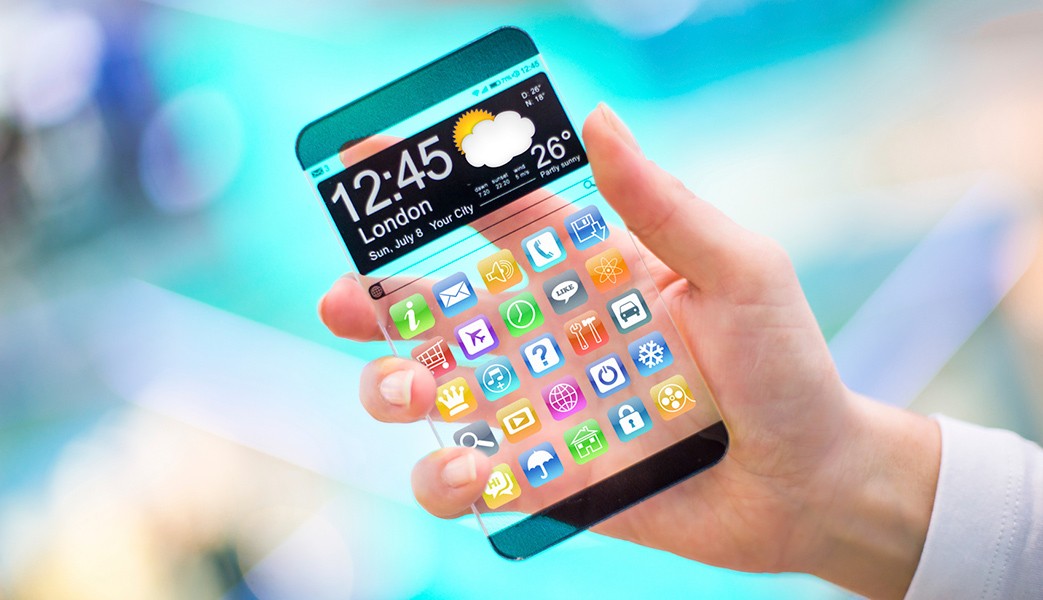
AI for Accessibility and Inclusivity
AI is opening new possibilities for differently-abled users. Smartphones will:
-
Transcribe spoken words into text instantly for the deaf.
-
Use computer vision to describe the world for the blind.
-
Provide real-time translation for non-native speakers.
Tools like Live Caption, TalkBack, and Seeing AI are just the beginning. Future smartphones will offer context-aware accessibility, meaning they adapt based on the environment, user emotion, or usage scenario.
Sustainability Through AI
Sustainability is a rising concern, and AI can help reduce environmental impact. AI will:
-
Extend phone lifespan by predicting hardware failures early.
-
Optimize charging cycles to protect battery health.
-
Reduce e-waste with modular AI-upgradable components.
-
Enable efficient recycling through AI-based material sorting.
Brands like Fairphone are already exploring this future. Expect AI to play a pivotal role in making smartphones greener and more sustainable.
Conclusion: AI-Powered Everything Is Just the Beginning
The future of smartphones isn’t just “smart”—it’s AI-native. Every core function of tomorrow’s mobile devices will revolve around machine intelligence: from photography and communication to security, health, and sustainability.
Consumers can expect devices that think, adapt, and evolve with them—delivering personalized, secure, and intuitive experiences. As we move into 2026 and beyond, smartphones will no longer be tools we use, but companions we co-evolve with, thanks to the exponential power of artificial intelligence.
The smartphone revolution has entered its most transformative phase, and AI is the catalyst. Whether it’s smarter cameras, personalized assistants, or deep privacy features, AI is no longer a feature—it’s the operating system of the future.
In an AI-first world, your smartphone will not just be smart—it will be intuitive, emotional, and collaborative. As users, we stand to benefit immensely—but we must also stay informed, aware, and in control of how these powerful tools evolve.
https://bitsofall.com/ai-trends-2026/
https://bitsofall.com/future-of-human-relationships-in-an-ai-first-world/
https://bitsofall.com/is-the-ai-singularity-near-expert-analysis-2025/


